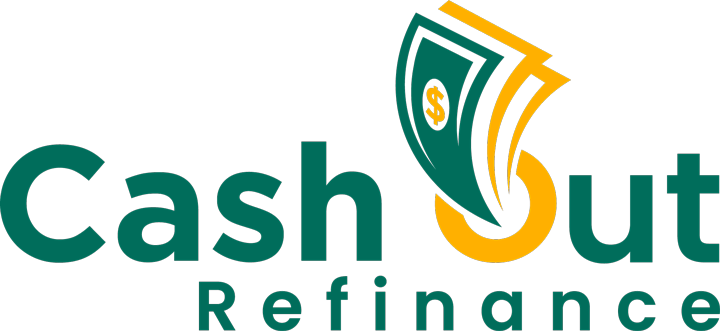Cash-Out Refinance vs. HELOC: Which is the Best Option for You?
When homeowners need to access their home equity, two of the most popular options are a cash-out refinance and a home equity line of credit (HELOC). Both allow you to borrow against your home’s equity, but they differ in structure, benefits, and risks. Understanding the key differences can help you determine the best choice for your financial situation.
What is a Cash-Out Refinance?
A cash-out refinance involves replacing your existing mortgage with a new, larger loan. The difference between your new loan amount and your current mortgage balance is paid to you in cash. Homeowners use this lump sum for home renovations, debt consolidation, or major expenses.
Pros of a Cash-Out Refinance:
✅ Lower Interest Rates – Often lower than HELOC rates, making it a cost-effective way to borrow. ✅ Fixed Monthly Payments – Provides predictability since payments remain the same over the loan term. ✅ Potential Tax Benefits – Mortgage interest may be tax-deductible if used for home improvements. ✅ Longer Repayment Period – Typically repaid over 15-30 years, reducing monthly payment burden.
Cons of a Cash-Out Refinance:
❌ Closing Costs – Usually 2% to 6% of the loan amount, increasing upfront costs. ❌ Extends Loan Term – Refinancing restarts your mortgage term, potentially increasing total interest paid. ❌ Risk of Foreclosure – Your home is collateral, and missed payments could lead to foreclosure.
What is a HELOC?
A home equity line of credit (HELOC) is a revolving line of credit secured by your home. It works like a credit card, allowing you to borrow funds as needed during the draw period (usually 5-10 years), followed by a repayment period (typically 10-20 years).
Pros of a HELOC:
✅ Flexibility – Borrow only what you need and pay interest only on the amount used. ✅ Lower Upfront Costs – Fewer closing costs compared to a cash-out refinance. ✅ Variable Repayment Terms – Interest-only payments during the draw period can keep monthly costs low. ✅ Revolving Credit – As you repay, funds become available again for future borrowing.
Cons of a HELOC:
❌ Variable Interest Rates – Payments can increase as interest rates fluctuate. ❌ Shorter Repayment Terms – Higher monthly payments once repayment period begins. ❌ Potential Overspending – Access to credit may encourage borrowing beyond needs. ❌ Risk of Foreclosure – Your home serves as collateral if payments are not made.
Comparing Cash-Out Refinance and HELOC
| Feature | Cash-Out Refinance | HELOC |
|---|---|---|
| Loan Type | Lump sum | Revolving credit line |
| Interest Rate | Fixed (usually lower) | Variable (usually higher) |
| Repayment Term | 15-30 years | 10-20 years |
| Monthly Payments | Fixed | Variable, interest-only during draw period |
| Closing Costs | 2-6% of loan amount | Low or none |
| Best For | Large, one-time expenses | Ongoing borrowing needs |
When to Choose a Cash-Out Refinance
A cash-out refinance is ideal if:
- You want fixed monthly payments.
- You need a large lump sum for renovations or debt consolidation.
- You plan to stay in your home long-term and can absorb closing costs.
- You qualify for a significantly lower mortgage rate than your current loan.
When to Choose a HELOC
A HELOC is a better choice if:
- You need access to funds over time instead of a lump sum.
- You want lower upfront costs and flexibility in borrowing.
- You can manage fluctuating interest rates and repayment periods.
- You plan to sell your home before taking full advantage of refinancing benefits.
Final Thoughts
Both cash-out refinancing and HELOCs provide ways to access your home’s equity, but the right choice depends on your financial goals, loan terms, and interest rate preferences. If you want stability and a long repayment period, a cash-out refinance may be the best fit. If you prefer flexibility and lower upfront costs, a HELOC might be the better option.
Before making a decision, compare loan offers, evaluate your budget, and consult with a mortgage expert to determine the best strategy for leveraging your home equity.


